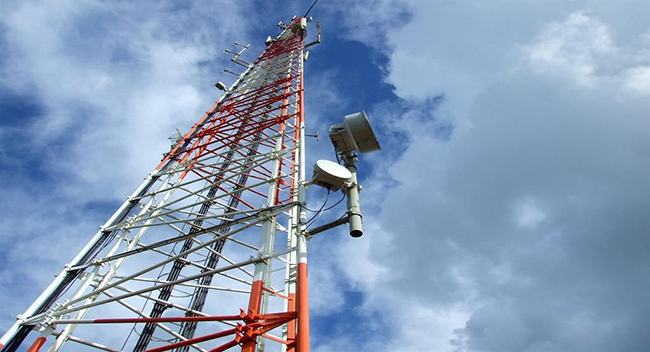Maihapa Ndjavera
Communications Regulatory Authority of Namibia (CRAN) CEO Emilia Nghikembua stated total investment in the telecommunications sector declined during the fourth quarter of 2022. She cautioned that in the long run, this could result in poorer service quality due to congestion in some areas.
Nghikembua shared her remarks as CRAN released its quarterly statistics on Wednesday for the period 1 October 2022 to 31 December 2022. The statistics provide an overview of mobile broadband, fixed line, and other subscribers, including fixed internet subscriptions.
CRAN is an independent regulator established to control, supervise and promote the provision of telecommunications services and networks, broadcasting, postal services, and the use and allocation of radio spectrum in Namibia.
“The number of active SIM cards for mobile subscribers increased slightly by 3% during Q4 of 2022, compared to the same period in 2021, whereas fixed internet subscriptions showed significant growth ranging from 22% to 89% compared to the same period in 2021, indicating a growing preference for higher-speed internet services, potentially driven by increasing reliance on digital technologies for work and leisure activities,” said the CEO.
Furthermore, Nghikembua added that revenue generated from data in the telecommunications sector remains the most profitable segment, while SMS revenue is typically the least profitable.
The financial sustainability of CRAN improved significantly during the 2021/2022 financial year, with a total comprehensive income of N$119.6 million, a significant improvement from the prior year’s loss of N$9.7 million. This was primarily attributed to the positive movement in the debtor’s loss allowance.
Revenue for the year under review increased by 9.16% from N$33.3 million (in the prior year) to N$36.3 million as of 31 March 2022. This improvement is primarily due to the implementation of the new regulatory levies and a formula-based spectrum.
Chairperson of the CRAN board Heinrich Gaomab II, in the report, noted that active infrastructure sharing in Namibia, as opposed to passive infrastructure sharing, is currently limited, with most disputes declared by licensees pertaining to aforementioned active infrastructure sharing.
“Of concern is the unwillingness of dominant licensees to implement active sharing, especially with new entrants in the market. This hampers the attainment of the government objectives. The cost of data and other telecommunications services in Namibia remains high due to factors such as the refusal by operators to share infrastructure,” said Gaomab II.
He added CRAN plans to stimulate investment in ICT and attract private-sector investment to increase the level of competition


